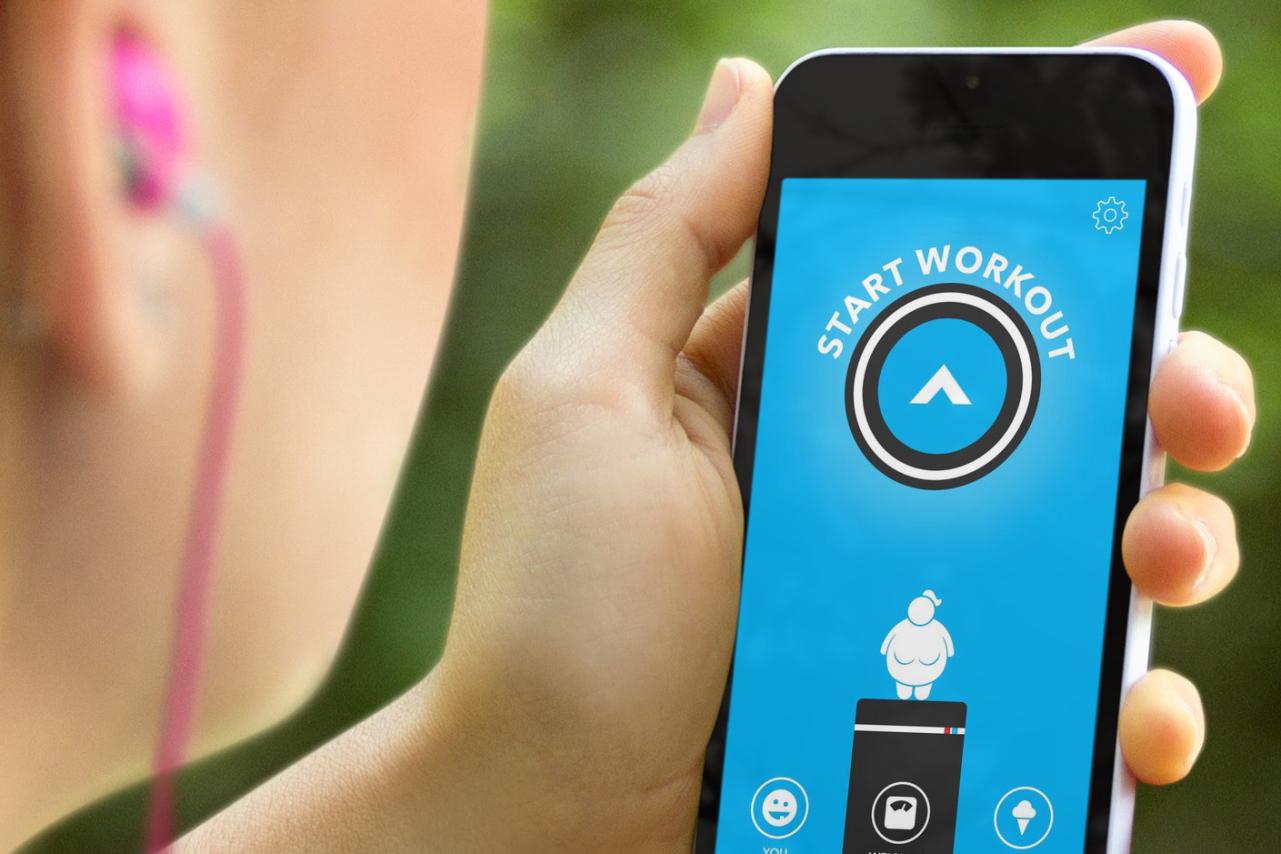Common Mistakes to Avoid When Using Fitness Apps
Fitness apps have become increasingly popular as tools to help people track their workouts, set goals, and stay motivated. However, using these apps incorrectly can lead to missed opportunities, injuries, and even burnout. Here are some common mistakes to avoid when using fitness apps:

Mistake #1: Relying Solely On The App
Fitness apps are valuable tools, but they are not a replacement for professional guidance. A personalized fitness plan tailored to your individual needs and goals is essential for effective results. Consulting with a qualified personal trainer or fitness coach can help you create a safe and effective workout routine that aligns with your unique requirements.
Mistake #2: Ignoring Proper Form
Maintaining proper form during exercises is crucial for preventing injuries and maximizing the effectiveness of your workouts. Many fitness apps provide instructions and demonstrations for exercises, but it's important to pay close attention to your body mechanics and ensure you're performing the movements correctly. If you're unsure about the proper form for a particular exercise, seek guidance from a qualified fitness professional.
Mistake #3: Overtraining
Overtraining is a common mistake that can lead to burnout, injuries, and decreased performance. It occurs when you push your body too hard without allowing adequate rest and recovery. Fitness apps often track your activity levels and progress, but it's important to listen to your body and take rest days when needed. A balanced workout routine should include a mix of challenging workouts and rest days to promote muscle growth and overall fitness.
Mistake #4: Neglecting Nutrition

Nutrition plays a vital role in fitness and overall health. A healthy diet provides the energy and nutrients your body needs to perform at its best. Many fitness apps offer features for tracking your food intake and calories burned, but it's important to focus on consuming a balanced diet that includes a variety of nutrient-rich foods. Consult with a registered dietitian or nutritionist if you need help creating a personalized nutrition plan that supports your fitness goals.
Mistake #5: Ignoring Mental Health
Mental health and physical fitness are closely connected. Stress, anxiety, and depression can impact your motivation, energy levels, and overall well-being, hindering your progress towards your fitness goals. Fitness apps can be helpful for tracking your workouts and progress, but it's equally important to prioritize your mental health. Engage in activities that promote relaxation and stress reduction, such as yoga, meditation, or spending time in nature.
Mistake #6: Comparing Yourself To Others

Comparing your fitness progress to others can be discouraging and counterproductive. Everyone's fitness journey is unique, and progress is not linear. Focus on your own goals and celebrate your achievements, regardless of what others are doing. Fitness apps can be a great tool for tracking your progress, but it's important to avoid using them as a means of comparison with others.
Fitness apps can be valuable tools for tracking workouts, setting goals, and staying motivated. However, using these apps wisely and in conjunction with professional guidance is essential for achieving optimal results. By avoiding common mistakes such as relying solely on the app, ignoring proper form, overtraining, neglecting nutrition, ignoring mental health, and comparing yourself to others, you can maximize the benefits of fitness apps and achieve your fitness goals safely and effectively.
YesNo

Leave a Reply